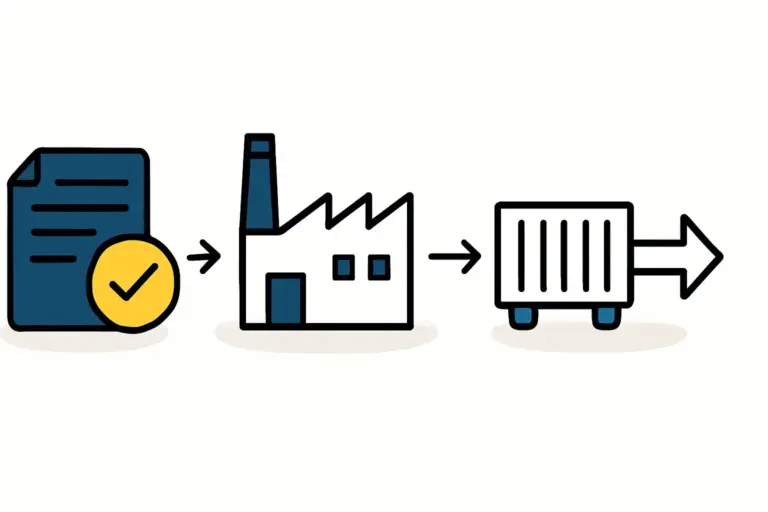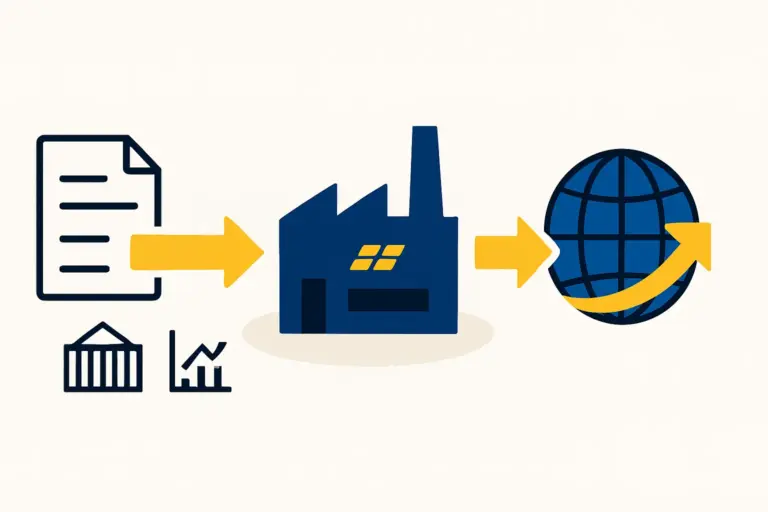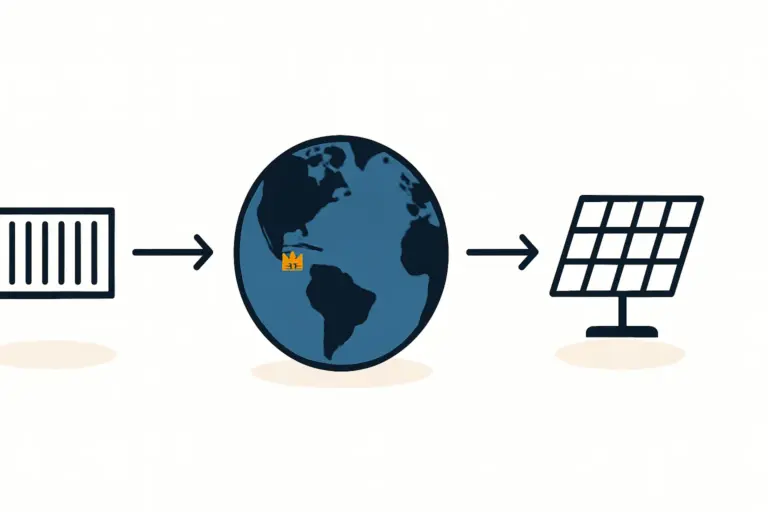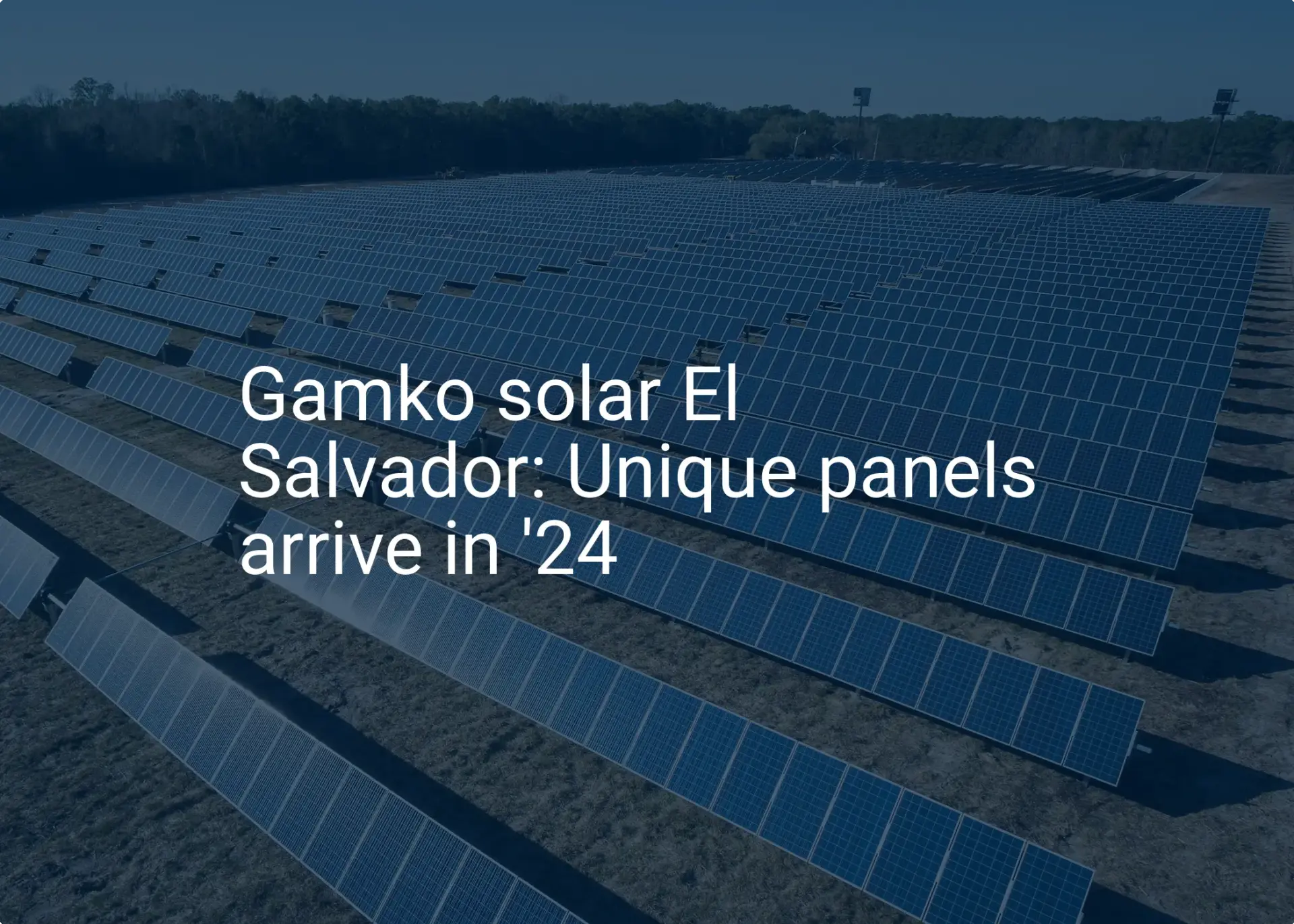For international entrepreneurs in the solar manufacturing sector, the choice of location is a foundational decision with a lasting impact. While Asia’s established hubs are well-known, strategic alternatives are emerging. El Salvador, with its dollarized economy and proximity to the vast North American market, presents a compelling case, particularly through its system of Free Trade Zones (FTZs).
However, not all free zones offer the same advantages. Each provides a unique mix of logistical benefits, infrastructure quality, and labor access. Selecting the right one requires a detailed analysis that aligns with a company’s specific production and export strategy. This guide offers a comparative framework to help investors evaluate El Salvador’s primary FTZs and make a more informed decision.
Understanding the Strategic Advantage of El Salvador’s FTZs
El Salvador’s commitment to attracting foreign investment is codified in its Law of Industrial and Commercial Free Trade Zones. This legal framework provides significant fiscal incentives for companies operating within these designated areas, creating a highly competitive environment for export-oriented manufacturing.
The primary benefits typically include:
- Total exemption from corporate income tax.
- Exemption from municipal taxes on company assets.
- Duty-free import of machinery, equipment, raw materials, and other necessary supplies for the production process.
- Exemption from taxes on property transfers.
Beyond these fiscal incentives, the country’s strategic location offers a crucial advantage. For solar manufacturers targeting the Americas, shipping times to major U.S. ports are measured in days, not weeks. This drastically reduces inventory carrying costs and improves supply chain responsiveness. This logistical edge is a critical factor in the rapidly evolving solar market and represents one of the most important solar manufacturing incentives a government can offer.
Key Criteria for Selecting a Free Trade Zone
An effective evaluation of potential sites moves beyond the standard list of tax benefits. For a capital-intensive business like solar module manufacturing, the following operational criteria are crucial.
Logistical Infrastructure and Port Access
The efficiency of moving raw materials in and finished modules out is a major driver of operational cost. Proximity to the country’s main seaport, the Port of Acajutla, and its primary air cargo hub, Monseñor Óscar Arnulfo Romero International Airport (SAL), is critical. Investors should assess road quality, transport links, and the availability of reliable logistics providers.
Labor Availability
Solar module assembly requires a mix of semi-skilled and skilled labor. A free zone’s location determines its access to the local labor pool. While proximity to major urban centers like San Salvador can ensure a steady supply of workers, investors must also consider local competition from other industries. Assessing the availability of skilled labor for your PV module production is a key step in due diligence.
Utility and Site Readiness
Consistent, high-quality electricity is non-negotiable for solar manufacturing. Investors must verify the reliability of the power grid, water supply, and telecommunications infrastructure within a zone. It’s also important to determine whether a zone offers ready-built facilities for lease or land for custom construction, as this choice impacts initial capital outlay and project timelines. Meeting the right factory infrastructure requirements is essential for success.
A Comparative Analysis of Major Free Trade Zones
While El Salvador has over a dozen free trade zones, a few stand out as particularly suitable for industrial manufacturing due to their scale, infrastructure, and track record.
Zona Franca Miramar: The Logistics Powerhouse
Located in the department of La Paz, Zona Franca Miramar is renowned for its modern infrastructure and strategic position.
- Logistics: Its key advantage lies in its proximity to both the international airport (about 20 minutes away) and the Port of Acajutla (about 90 minutes away). This makes it an ideal choice for operations that prioritize speed in importing components and exporting finished products.
- Infrastructure: The park is well-organized, with high-quality internal roads, reliable utilities, and 24/7 security. It offers both standard industrial buildings for rent and land for build-to-suit projects.
- Labor: The zone draws from surrounding municipalities, offering a solid pool of motivated workers. Experience with industrial turnkey projects in the region shows that this proximity can significantly influence operational stability.
- Best Suited For: Export-focused manufacturers requiring seamless integration with international air and sea freight networks.

Zona Franca San Bartolo: The Established Industrial Hub
As one of the oldest and largest free trade zones in the country, San Bartolo is located on the eastern edge of the San Salvador metropolitan area.
- Logistics: While further from the main port than Miramar, it has excellent access to the country’s primary road network. Its location near the capital facilitates domestic logistics and access to a wider range of service providers.
- Infrastructure: As an established park, it hosts a diverse ecosystem of companies, creating a robust industrial community. The infrastructure is mature and has supported large-scale manufacturing for decades.
- Labor: This is San Bartolo’s primary strength. Its immediate proximity to densely populated areas provides unparalleled access to a large and diverse workforce, from assembly line operators to administrative staff.
- Best Suited For: Operations that are labor-intensive and can benefit from being close to the nation’s economic and administrative center.

American Park Free Zone: The Technology and Service-Oriented Hub
Located west of San Salvador, American Park has traditionally focused on business process outsourcing (BPO) and light manufacturing, but its high-quality environment is also attractive for advanced manufacturing.
- Logistics: It offers good access to the western road corridor leading to the Port of Acajutla and the border with Guatemala.
- Infrastructure: American Park is known for its high-quality buildings, campus-like environment, and premium amenities. It provides a level of service that can appeal to companies with a strong corporate presence.
- Labor: It draws from the western suburbs of the capital, an area known for a more educated and skilled workforce. This can be an advantage for roles requiring higher technical proficiency.
- Best Suited For: Companies seeking a premium environment for their operations, including R&D or administrative headquarters alongside a clean-room manufacturing facility.
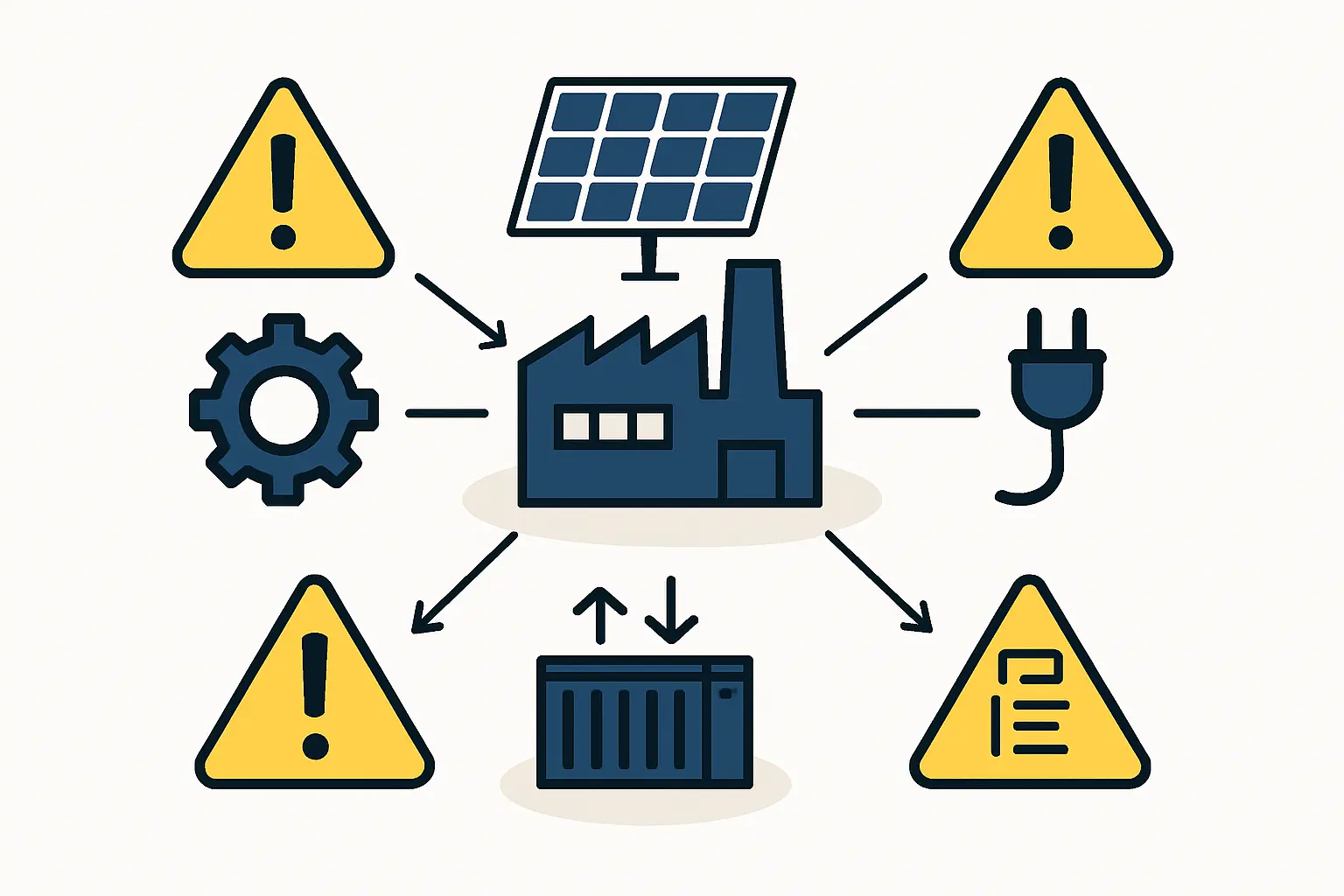
Practical Considerations for International Investors
Selecting a zone on paper is only the first step. A successful market entry requires on-the-ground due diligence and a clear understanding of the local business environment.
- Navigating the Administrative Process: While the benefits are significant, establishing an entity within a free zone involves multiple government agencies, including the Ministry of Economy. Engaging local legal and business consultants is essential to ensure a smooth process.
- Due Diligence and Site Visits: A physical visit is indispensable. It allows investors to assess the true quality of infrastructure, meet with park administration, and evaluate the local environment firsthand.
- Long-Term Planning: A lease or purchase agreement within a zone is a long-term commitment. It is essential to consider future expansion possibilities when selecting a site.
The journey from initial interest to a fully operational solar factory is complex. Structured guidance from industry experts can help entrepreneurs navigate each stage, from business planning and equipment procurement to personnel training.
Frequently Asked Questions (FAQ)
What are the main tax benefits in an El Salvador FTZ?
The primary benefits are a complete exemption from corporate income tax, duties on imported machinery and raw materials, and municipal taxes. This creates a highly favorable environment for profitability, especially in the early years of operation.
How long does it typically take to get approval to operate in a free zone?
While the timeline can vary, the approval process from the Ministry of Economy often takes only a few months with proper documentation and professional guidance.
Is there a minimum investment required?
There is no universal minimum investment figure stipulated by law. However, each free zone may have its own criteria, and solar manufacturing inherently requires a significant capital investment in machinery and facilities.
What is the quality of the local electrical grid?
El Salvador’s grid is generally one of the more stable in Central America. However, for sensitive manufacturing processes, it is standard practice for investors to include backup power generation in their factory plans to ensure uninterrupted operation.
Can a foreign company own 100% of its operation in a free trade zone?
Yes, El Salvador’s foreign investment framework permits 100% foreign ownership of companies operating within its free trade zones.


